Lula leads opinion polls as Brazil votes in tense presidential contest
People in Brazil are casting their votes to choose a new president in the most divisive presidential election in the country’s history, with former Brazilian president, Luiz Inacio Lula da Silva, expected to beat far-right leader Jair Bolsonaro.
About 156 million people are eligible to cast ballots in the first round of elections on Sunday, which most opinion polls have shown da Silva, popularly known as Lula, with a solid lead for months.
Lula, who voted in Sao Bernardo do Campo, said he is running for president “to get the country back to normal” after four years under Bolsonaro’s rule.
“We don’t want more hate, more discord. We want a country at peace,” said the 76-year-old ex-president, adding, “This country needs to recover the right to be happy.”
Lula leaded Brazil from 2003 to 2010. He was jailed during the last election, serving a conviction for graft, which he said was politically motivated. That conviction was later overturned by the Supreme Court, allowing him to face his fierce rival Bolsonaro this year.
“It’s an important day for me,” he said. “Four years ago, I couldn’t vote because I was the victim of a lie … I want to try to help my country to return to normal.”
Meanwhile, Bolsonaro, who voted in Rio, said he expected to win the election in Sunday’s first round, despite his poor showing in surveys. He also noted that he does not trust the pollsters, saying their results do not correspond with the support he sees at his campaign events.
“If we have clean elections, we will win today with at least 60% of the votes,” Bolsonaro, who has been compared to former US President Donald Trump, said in a video posted on his social media before voting.
“All the evidence we have is favorable to us. The other side has not been able to take to the streets, has not campaigned, has no acceptance, no credibility.”
A winner could be announced within hours after polling stations close at 5 p.m. Brasilia time (2000 GMT). If no candidate wins more than half of the votes, excluding blank and spoiled ballots, the top two finishers go to an Oct. 30 run-off, prolonging the tense campaign season.
Supreme Court Justice Alexandre de Moraes, who is currently head of the federal electoral court, said he expected a peaceful day with “tranquil” results.
Lula and Bolsonaro have both promised more generous welfare spending next year, adding to pressure on the federal budget and leading both to look at alternatives to current spending rules.
With the pasts of both candidates full of controversy, Brazilians are left at the crossroads of picking who will offer them the best path forward.
Brazilians are also voting on Sunday for all 513 members of the lower chamber of Congress, a third of the 81 members of the Senate and state governors and legislatures.
US imposes ‘terrorist-grade sanctions’ on UN expert, ICC judges amid Gaza accountability drive
VIDEO | Press TV's news headlines
Senior Russian general shot and wounded in Moscow: Officials
UK ordered in 'milestone' court ruling to pay $570 million for colonial-era massacre
VIDEO | Defying the rubble, Gaza opens its first face-to-face school since start of war
‘Ready for next round’: Million-man rally in Yemen backs Gaza, resistance
FM Araghchi departs Muscat for Doha following nuclear talks with US
Israeli keeps killing more Palestinian civilians in Gaza amid relentless ceasefire violations


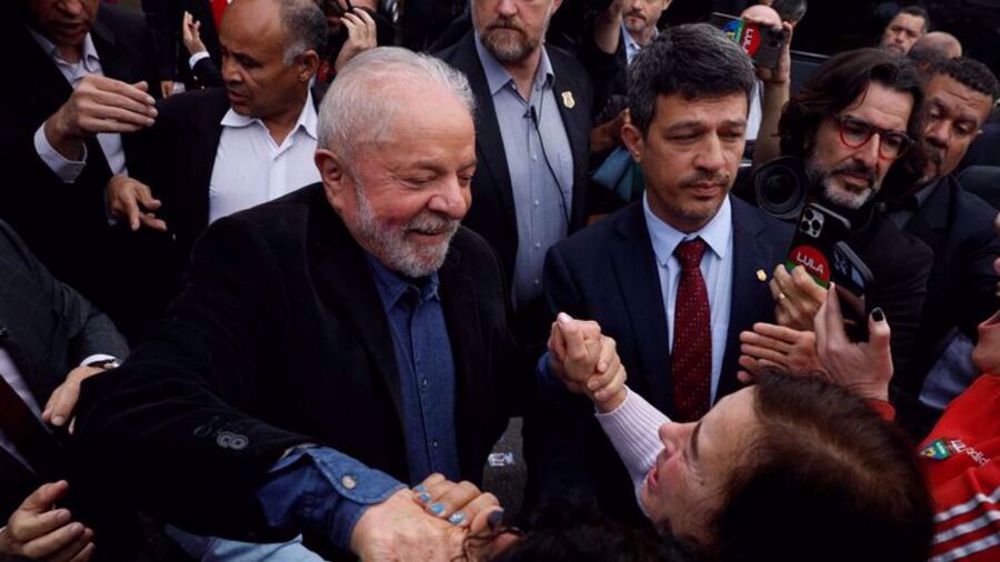
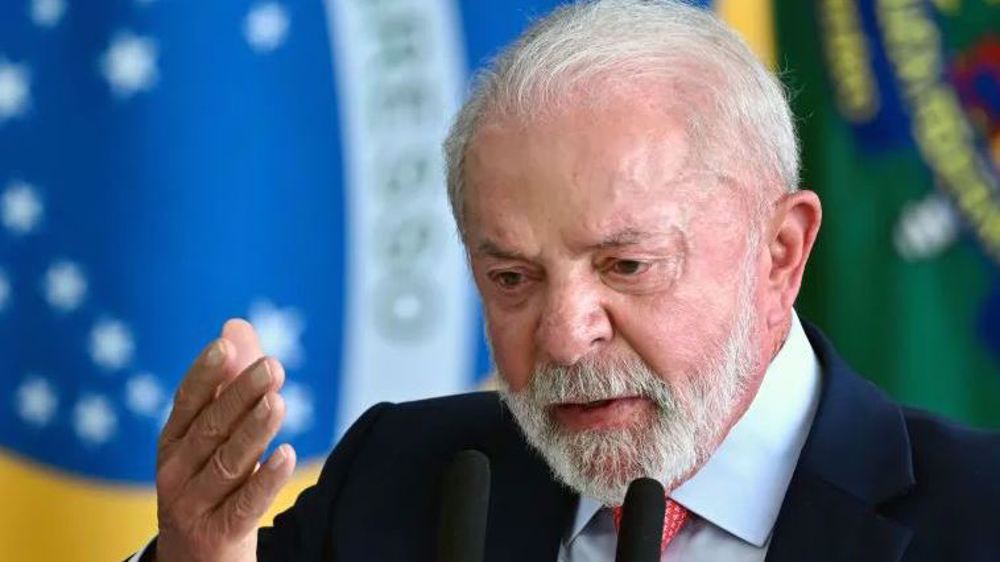
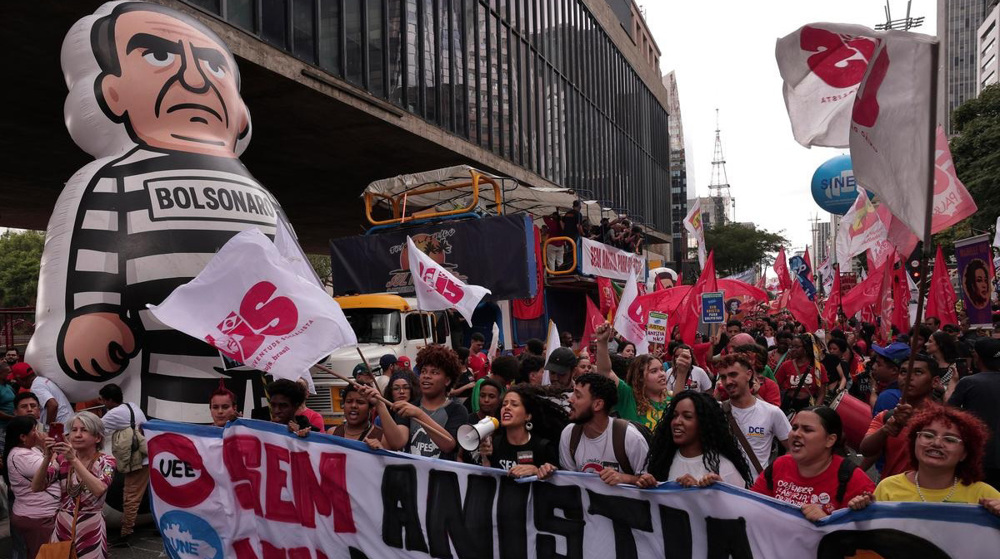




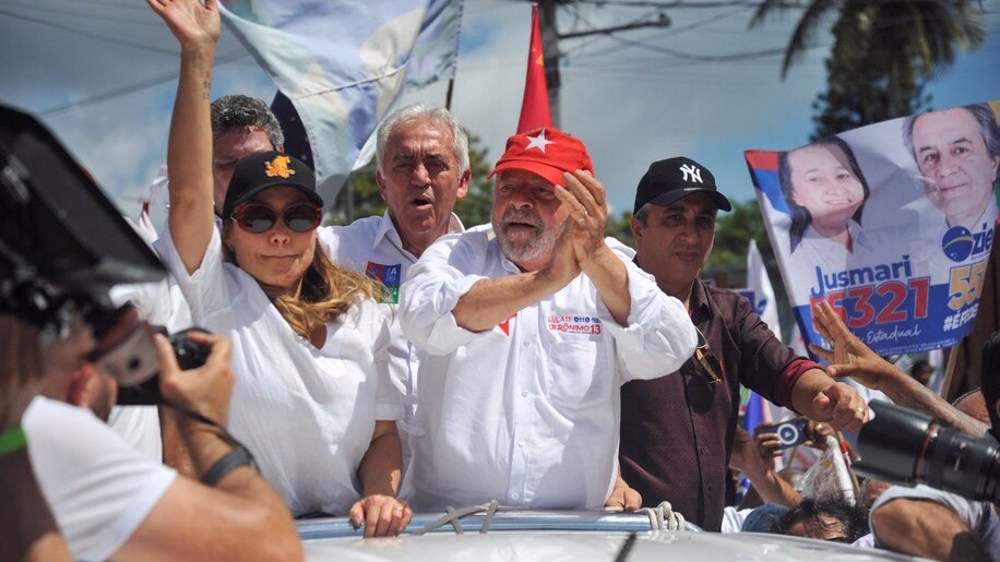
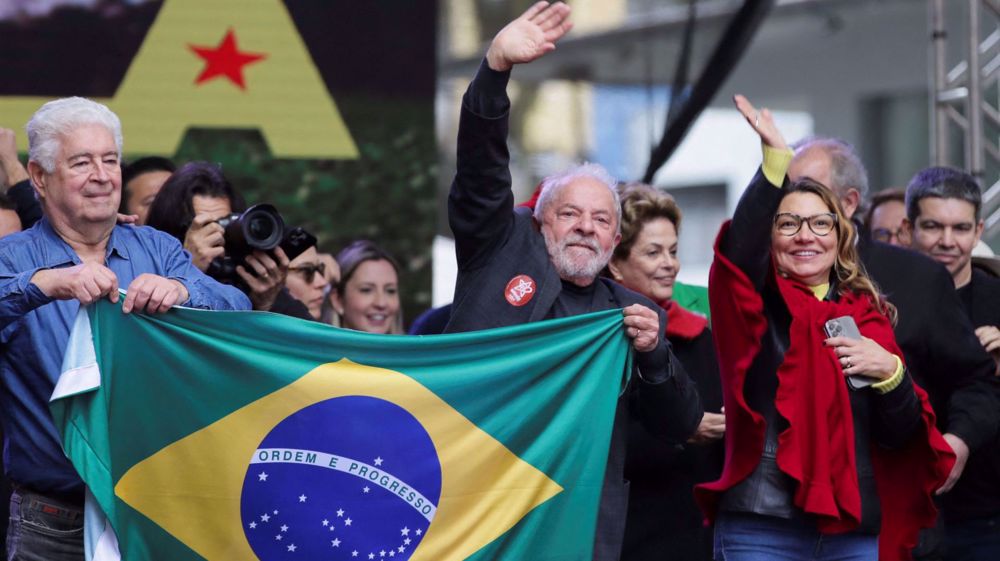
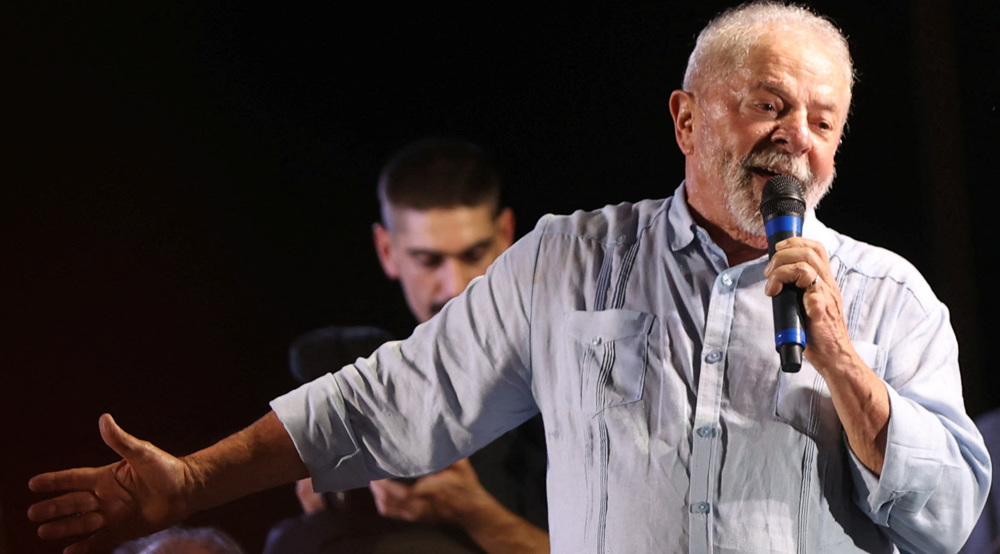
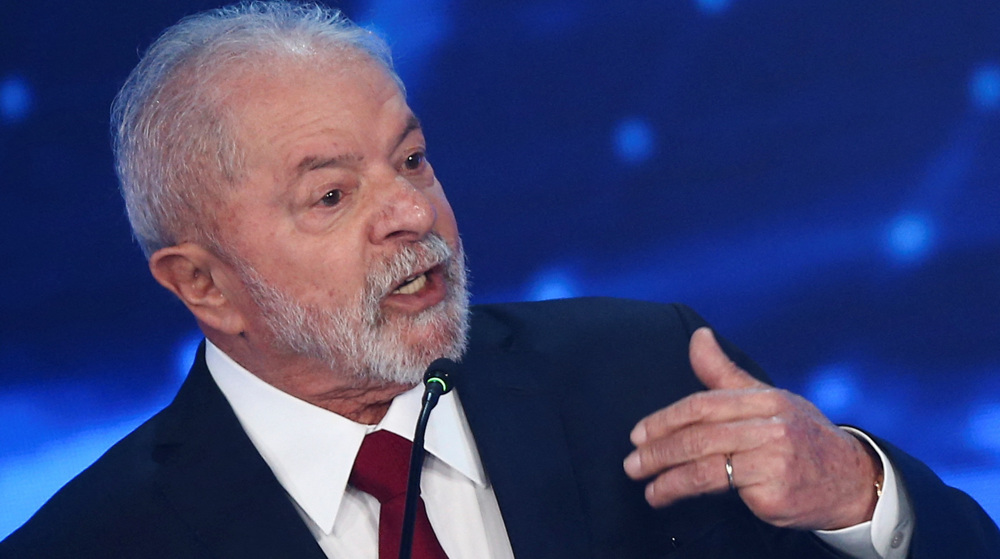

 This makes it easy to access the Press TV website
This makes it easy to access the Press TV website